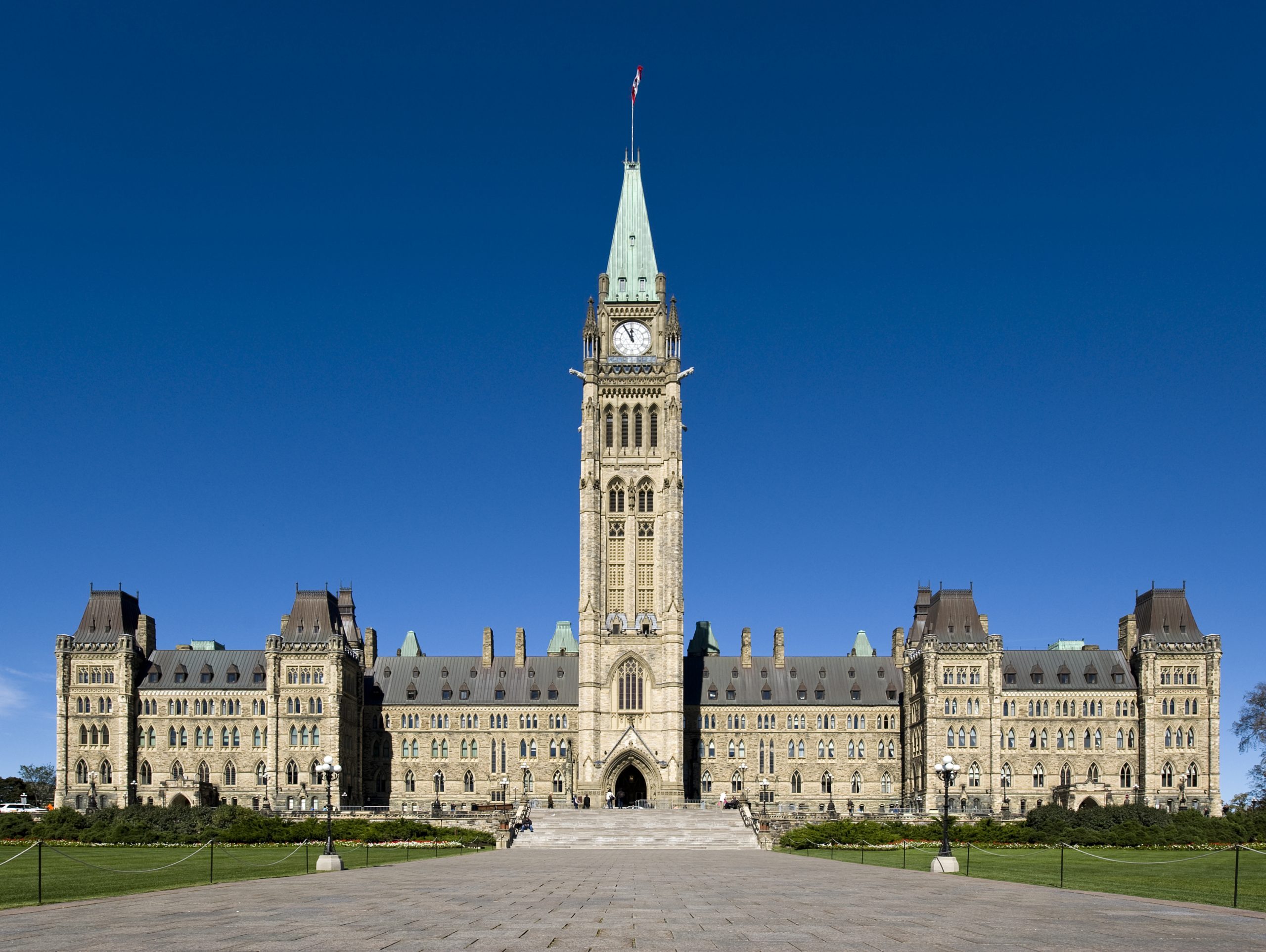It’s hard not to read between the lines of Finance Minister Lloyd Snelgrove’s comments about the provincial budget he delivers Thursday.
Snelgrove describes the financial blueprint as “practical,” and “not too flashy.”
In other words, the Tories are praying the budget, which Snelgrove will deliver after Ted Morton suddenly resigned from the finance portfolio, doesn’t attract too much attention.
It’s a balancing act that requires cutting enough to keep the fiscal hawks off their backs, while spending enough to keep gripes to a minimum.
The approach appears so cautious and sensible on the surface, it’s hard to believe it was the central theme in the political melodrama that played out a month ago.
That’s when Premier Ed Stelmach announced he would be stepping down, followed two days later by Morton, who revealed he would campaign for Ed’s job.
Both denied a party rift over the budget, despite an admission by the premier he wouldn’t be able to keep a promise to “be back in the black by 2012.”
It’s hardly a stretch to believe that didn’t sit well with Morton, who was faced with the prospect of delivering his second unbalanced budget as finance minister.
Even as Stelmach was announcing his impending departure, the premier talked about how important it was to him to take a “tough but responsible “ financial stance that wouldn’t gut funding to municipalities, mothball health projects, or halt school and road construction.
The budget doesn’t actually dip into red ink, but will further erode the province’s sustainability fund.
There will be an increase in health spending. Mental health care will be a top priority. The Tories are also promising a co-ordinated provincial cancer care strategy with more timely treatment.
It’s encouraging these important areas are being singled out as priorities.
The trouble is the spending hikes only draw attention to this government’s Achilles heel, its failure to markedly improve our health care system despite the gobs of money it has thrown at it.
It’s not a shortfall of money that’s kept our health care lagging less-prosperous provinces, but a lack of innovation, suggest the skeptics.
A lot of Albertans can’t help but wonder if that’s also the case with the fiscal plan.
Snelgrove’s budget will tell the tale about whether the Tories will continue their tradition as Canada’s biggest spenders — or look for more sensible solutions.
The Canadian Taxpayers Federation has long accused the Tory dynasty of being addicted to spending and correctly predicted it would lead to the current situation.
Among its short term solutions are a 5% rollback in public service salaries, reversing MLA pay hikes and ending MLA severance payments.
A recent paper by the Frontier Centre for Public Policy reveals average wages for public sector workers in Canada have increased at a far greater pace than employees in every other sector of the economy.
To avoid the spectre of a two-tiered society with well- paid public workers in the higher class and private sector workers struggling on the bottom, a temporary freeze on government wages would help bring the situation back in line.
While we can only keep our fingers crossed for such bold strokes, the Tories appear more preoccupied with riling up the fewest number of people possible until they can get their act together under a new leader.
It’s like the coat of polish Snelgrove plans to apply to an old pair of his black loafers in place of the new shoes customarily worn by finance ministers on budget day.
It’s symbolic in a way Snelgrove might not have intended.
While it temporarily covers up the scuff marks, the question is whether it will offer enough gloss to make Albertans forget the party is a bit worn at the heels these days.


